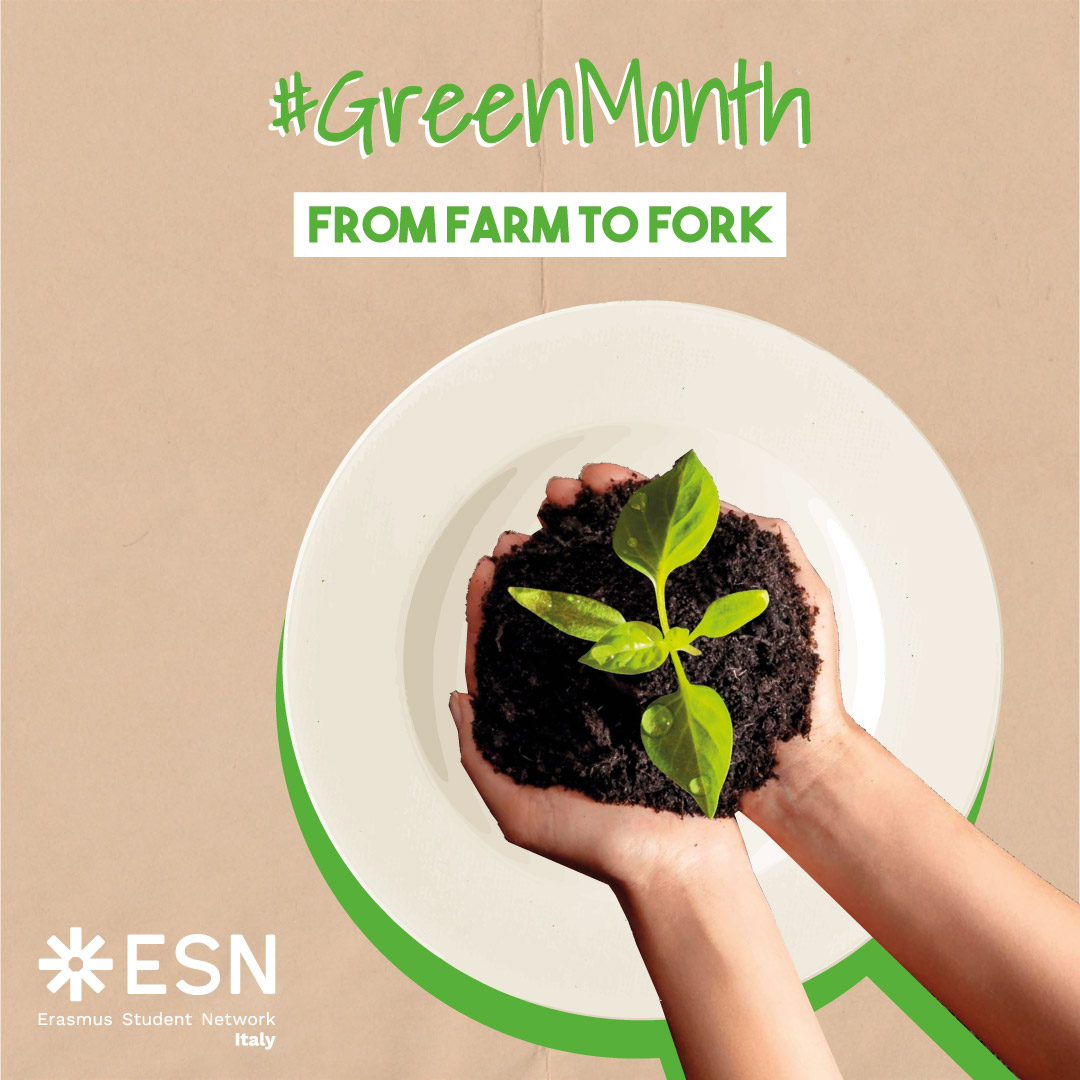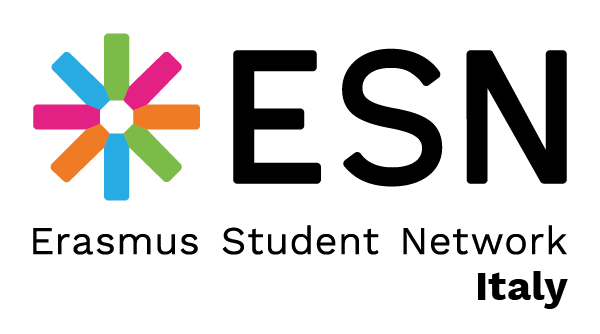
“The coronavirus crisis has shown how vulnerable we all are, and how important it is to restore the balance between human activity and nature.” Frans Timmermans, Executive Vice President of the European Commission, introduces the European Green Deal. This was presented on 11 December 2019 and represents the European Union's action plan to achieve climate neutrality in 2050. Within this, sustainable agriculture and the "From Farm To Fork" strategy play a priority role.
It emphasises the sustainability of the food supply chain across the board: from sustainable agriculture to food waste. In this respect, the EU has set itself some important targets to be achieved by 2030:
- reduce pesticide use by 50%;
- reduce nutrient loss by 50%;
- reduce fertiliser use by 20%;
- increase organic farming with the aim of reserving 25% of total agricultural land for it.
More specifically, organic farming is a sustainable practice that aims to foster food production with a low environmental impact, responsible use of natural resources and attention to the preservation of biodiversity, including animal welfare. This last aspect should not be underestimated: farmland is a habitat for many animal species, and only through sustainable agriculture these can be safeguarded.
Fortunately, however, the situation is improving: according to the European Commission, organic farming has, on average, increased biodiversity by 30%. As far as our country is concerned, Italy is in first place in Europe for the export of organic products, with Sicily, Calabria and Apulia standing out among all regions both in terms of the number of organic operators and the extent of land cultivated with these methods.
What can each of us do in our own small way to support more sustainable agriculture? For instance, be careful when going shopping: the European Union has developed a logo to identify organic products, which can only be used if they contain at least 95% organic ingredients and meet other conditions for the remaining 5%.
In addition, Italy, through the Italian Association for Organic Agriculture, developed a further certification with even more restrictive requirements. It aims to guarantee the consumer that the entire food chain is organic and the raw materials are 100% Italian: the AIAB Guarantee.
We believe that paying attention to these aspects can foster the development of a more sustainable food sector and trigger a positive circle, pushing the EU and Member States to invest even more in organic farming and sustainable food production systems, in line with the 12th goal of the 2030 Agenda: Responsible Consumption and Production.
The Environmental Sustainability Team

Follow us